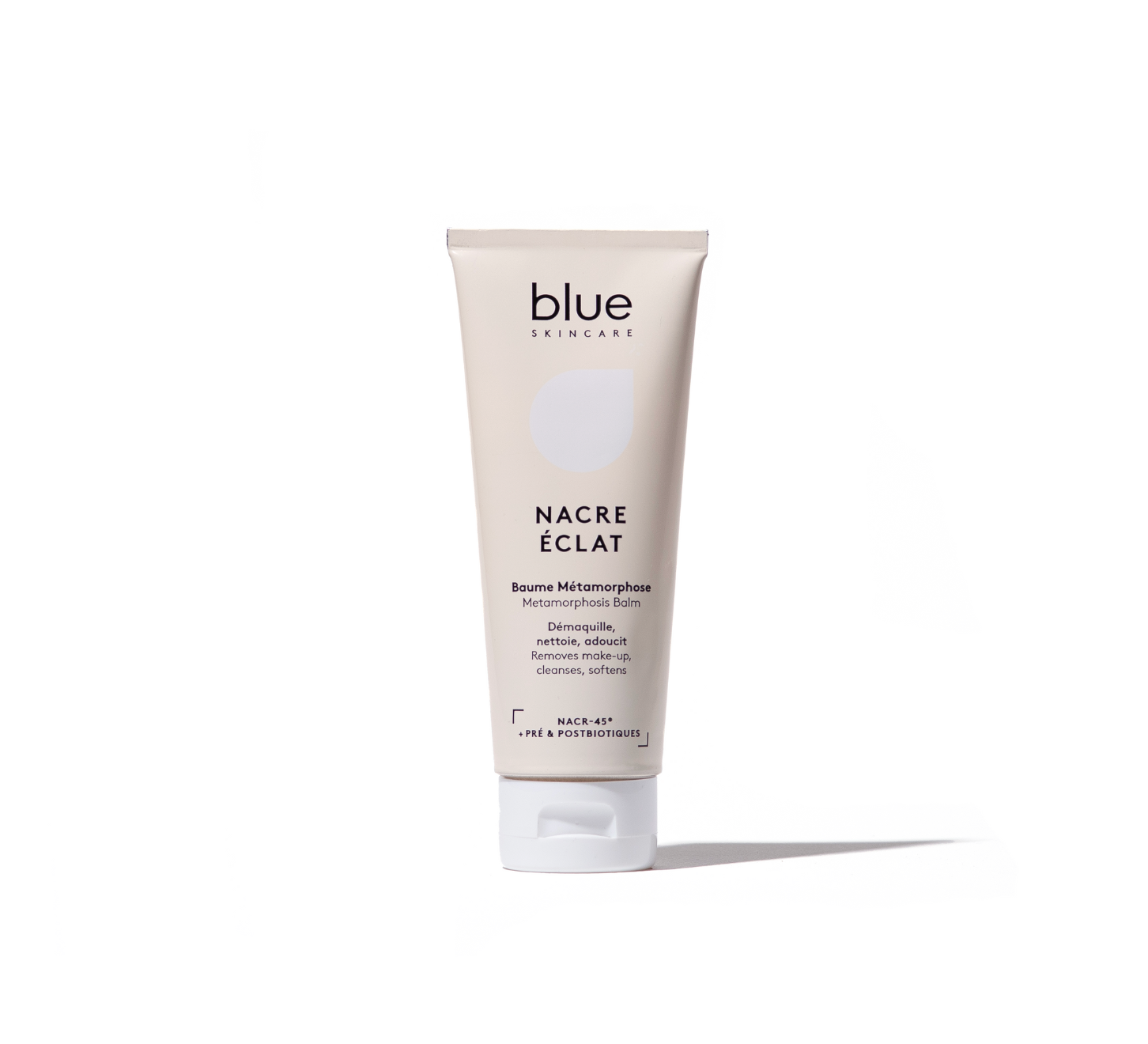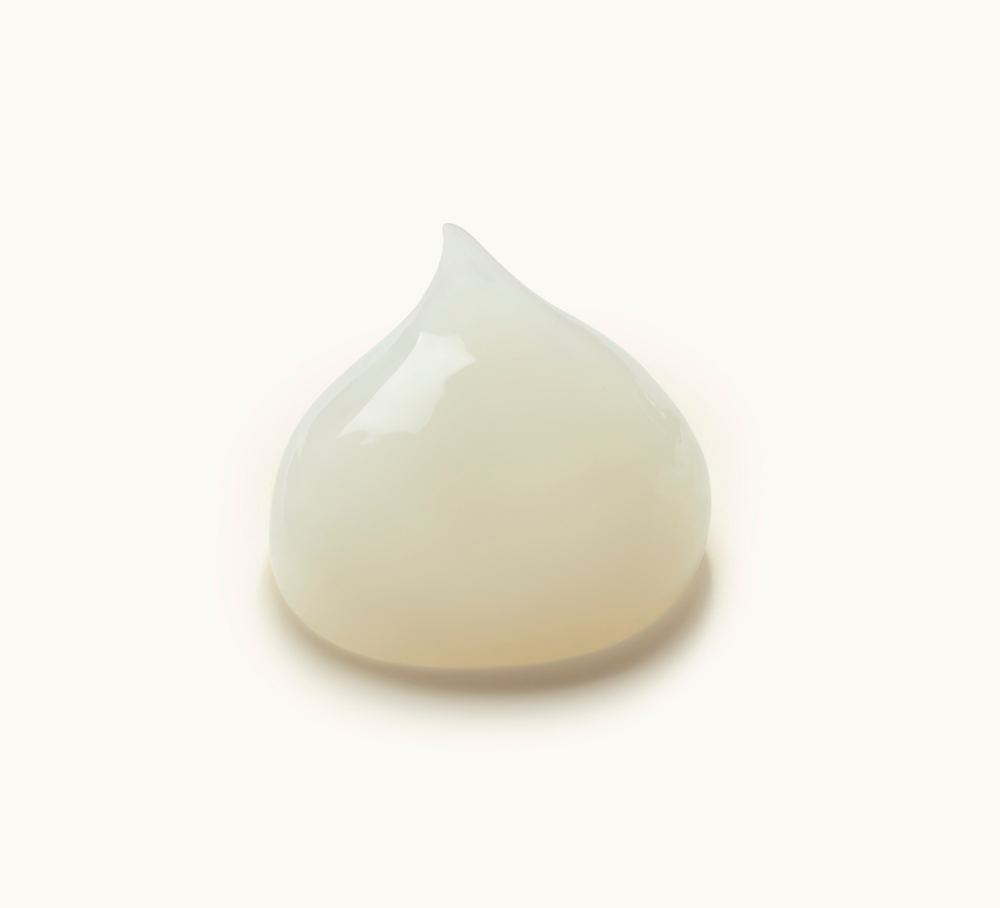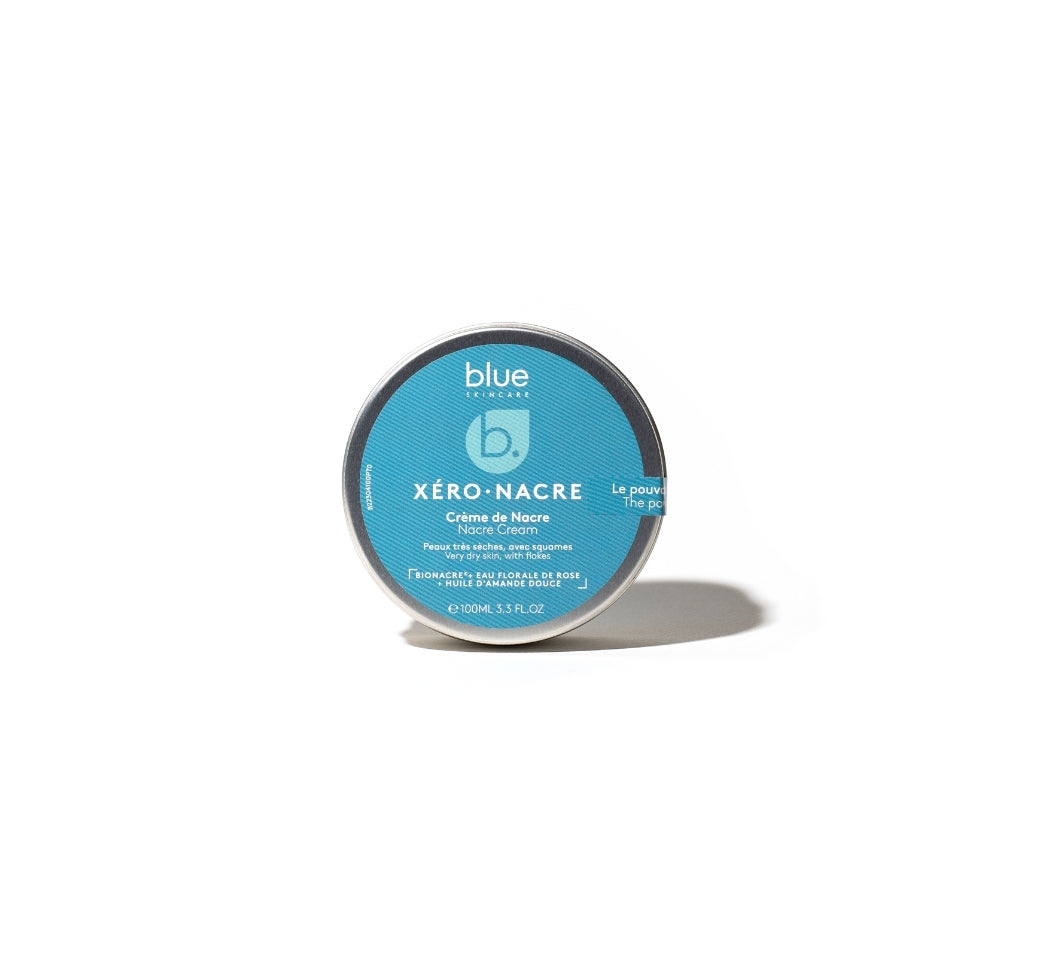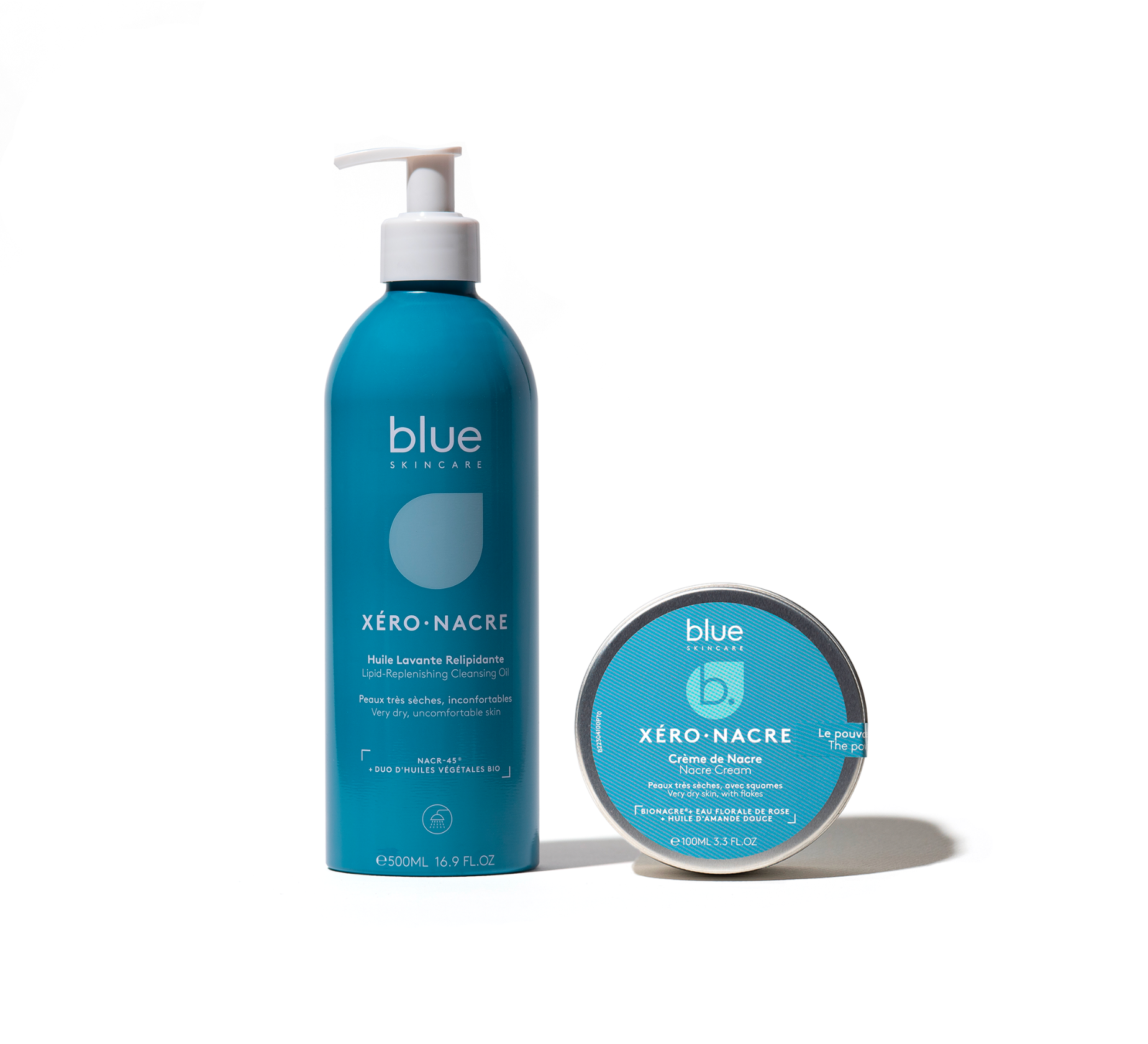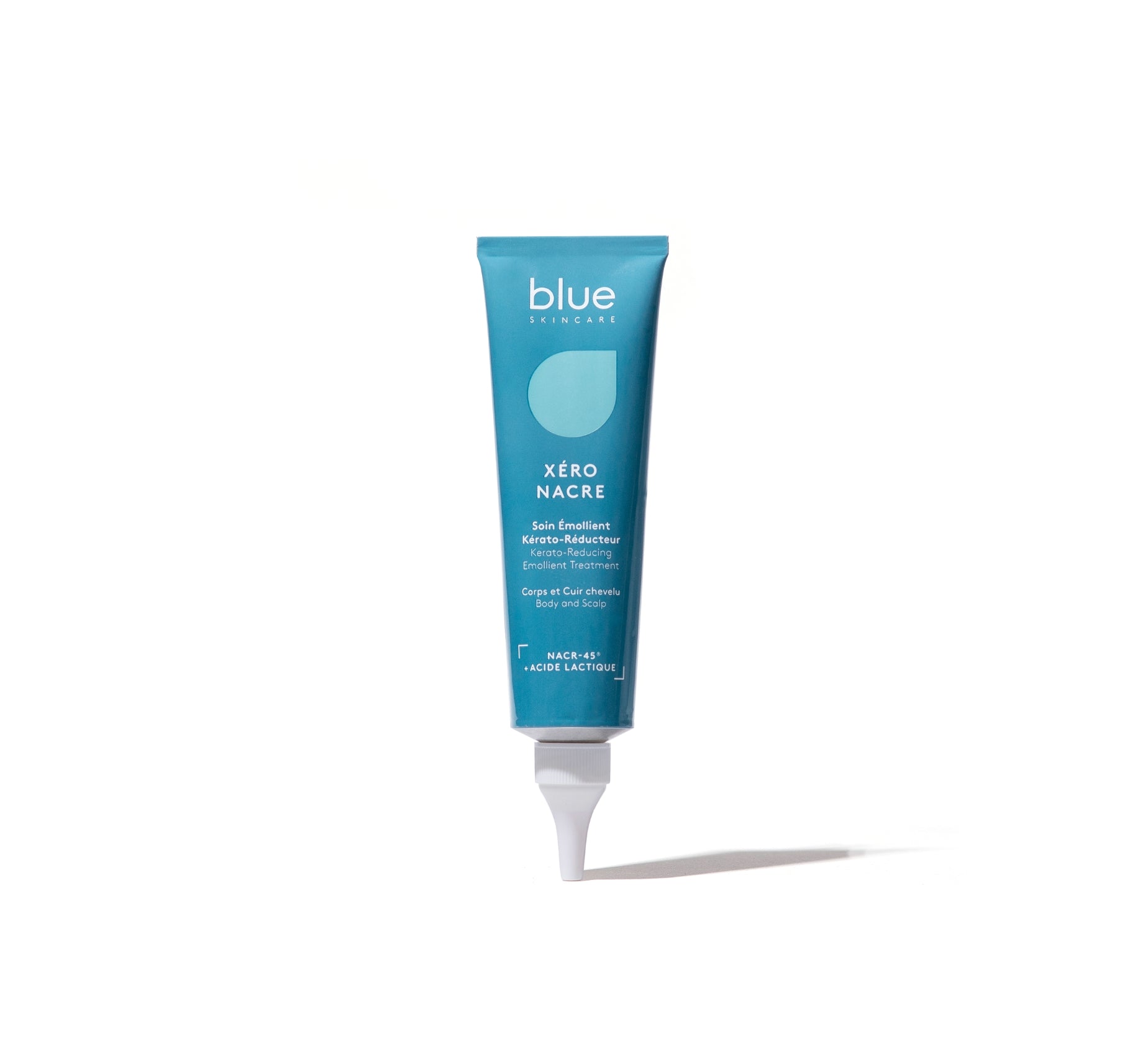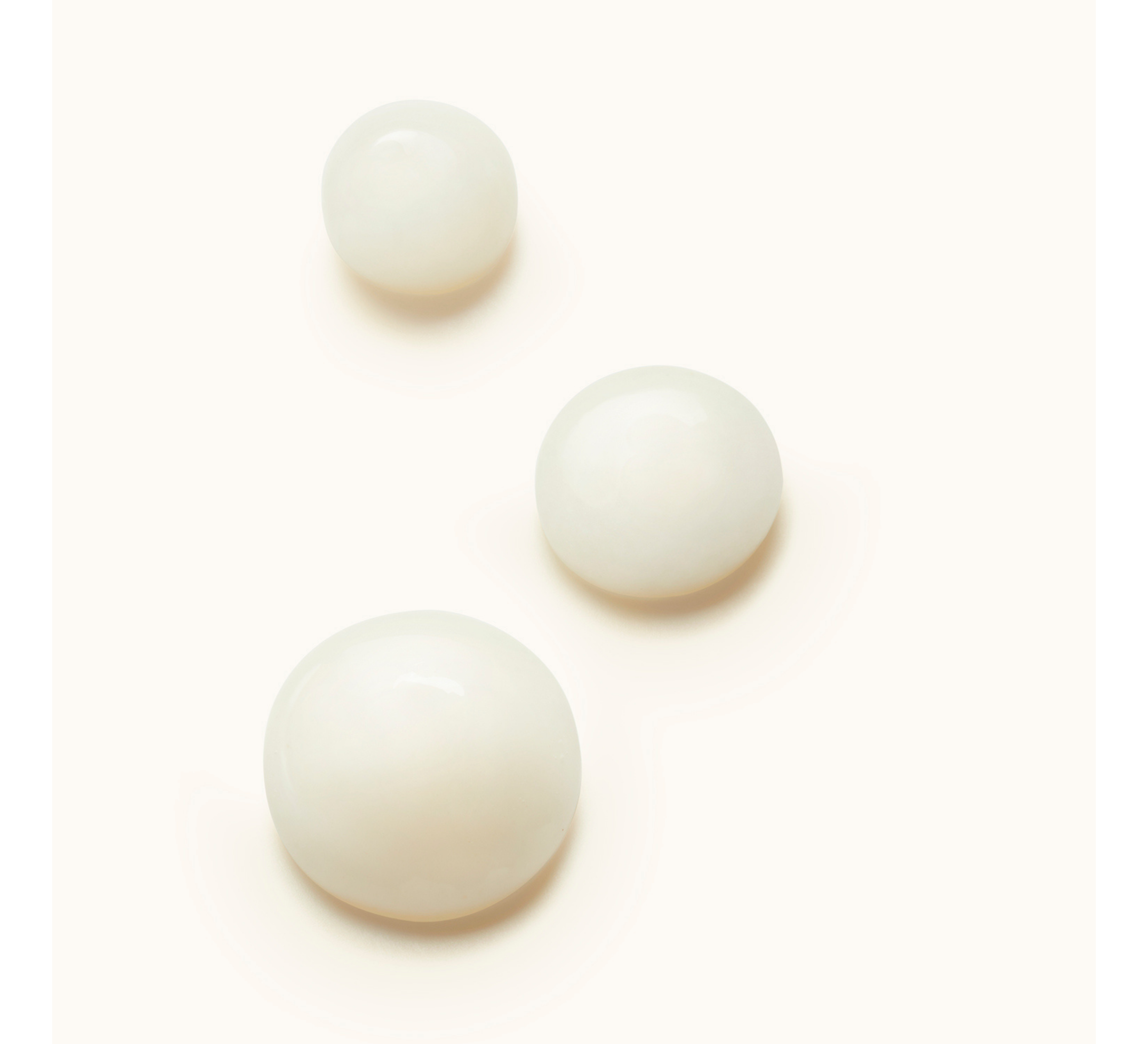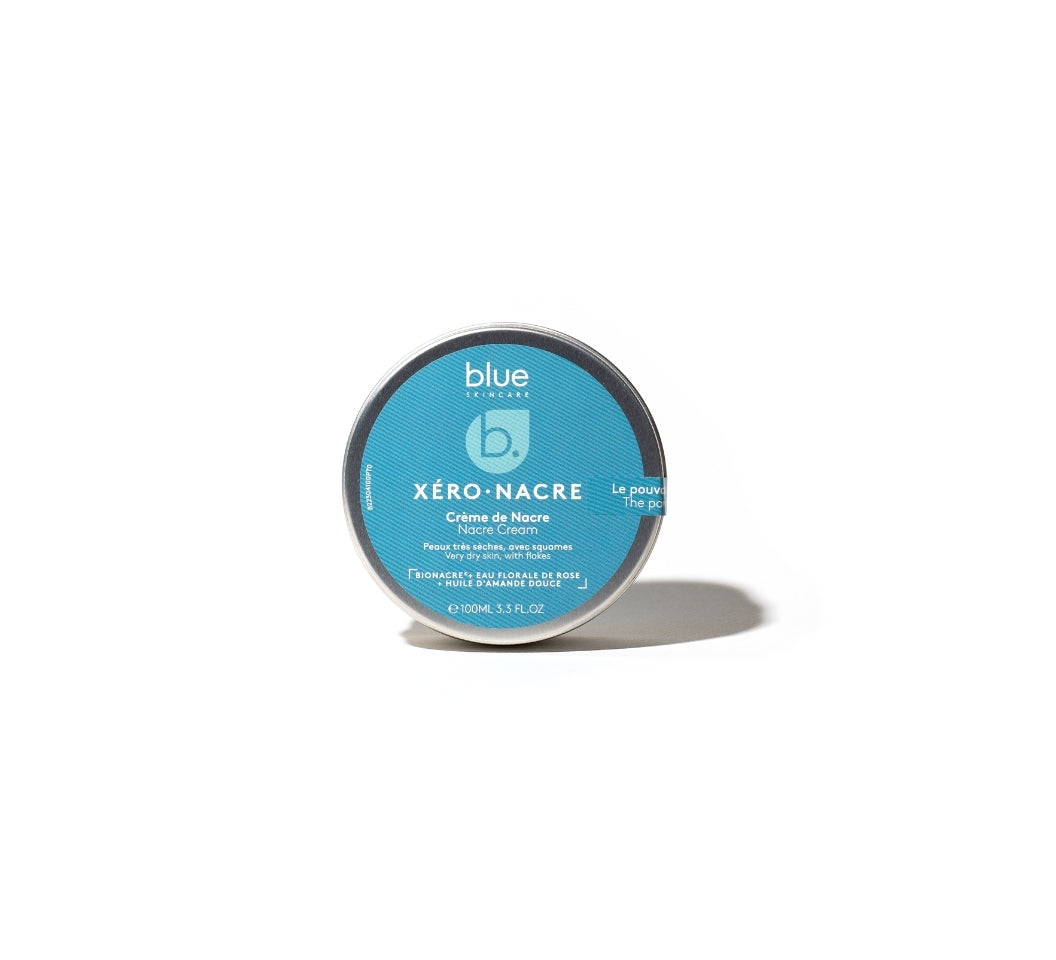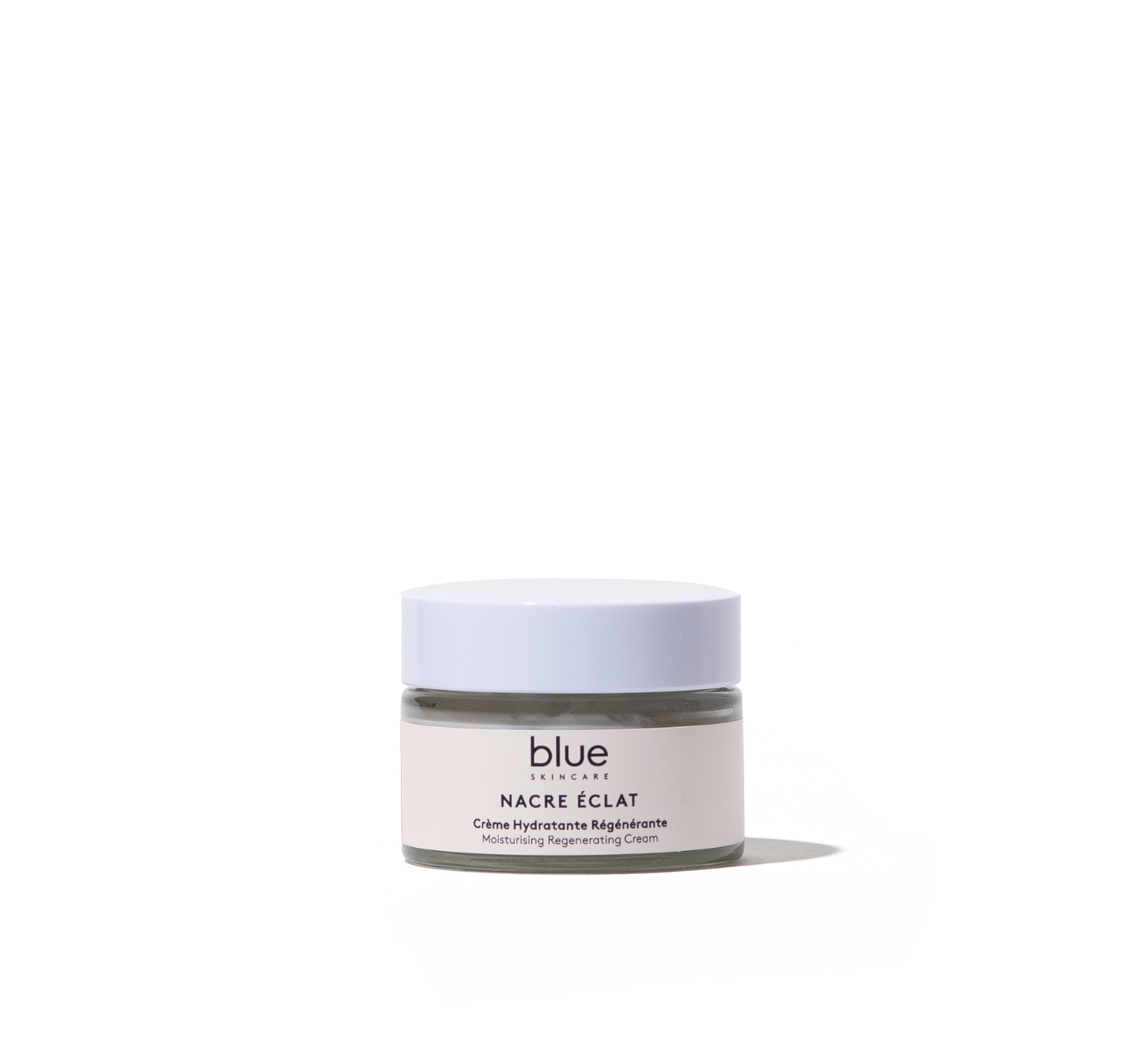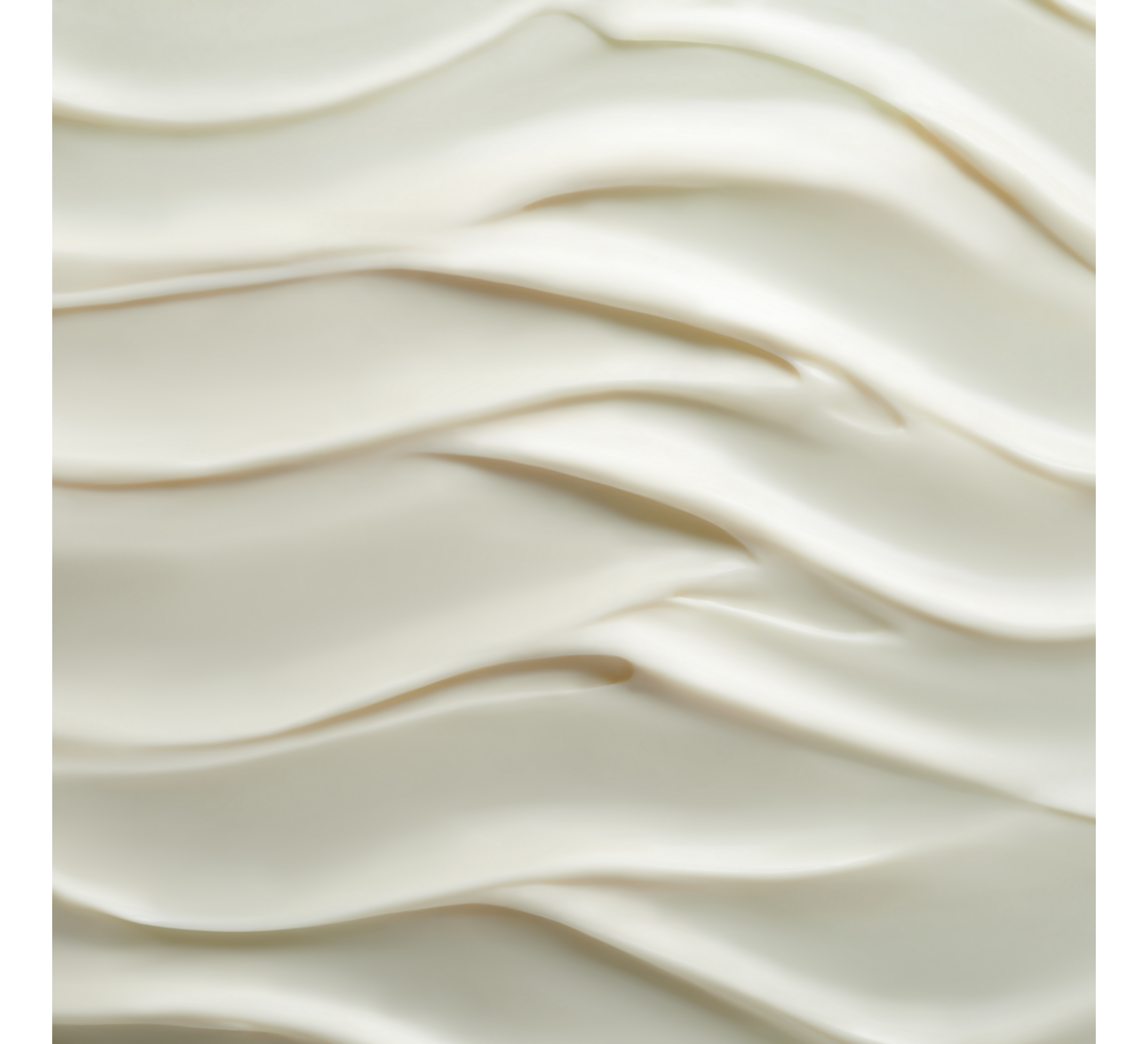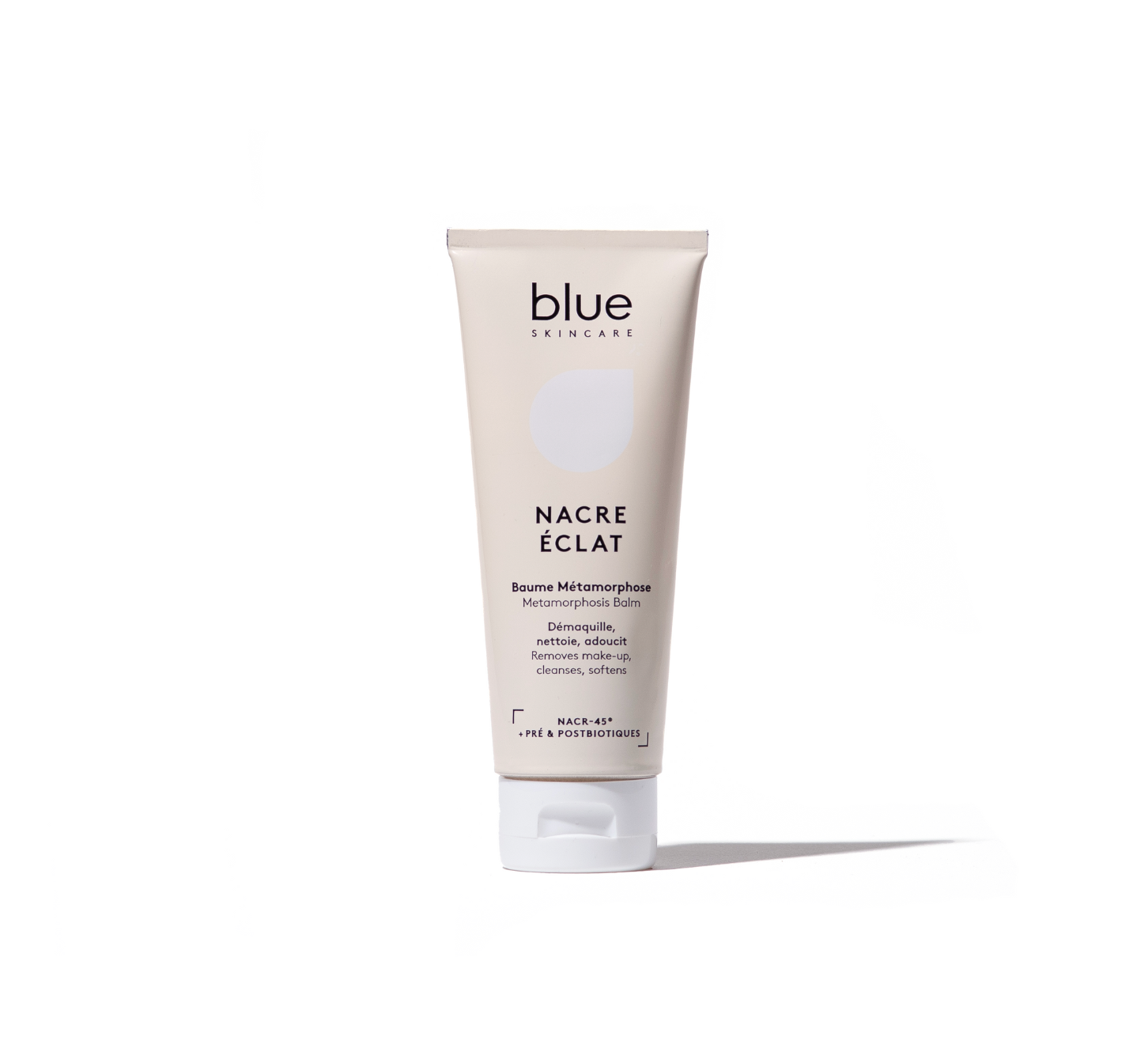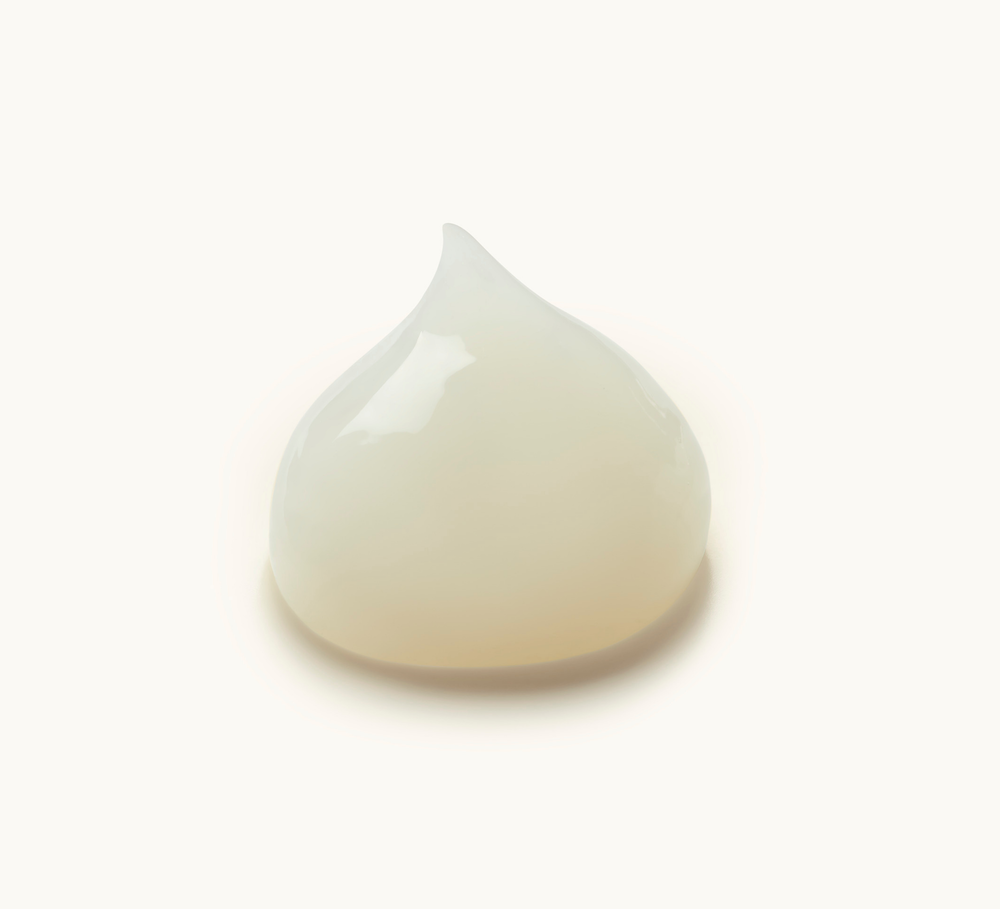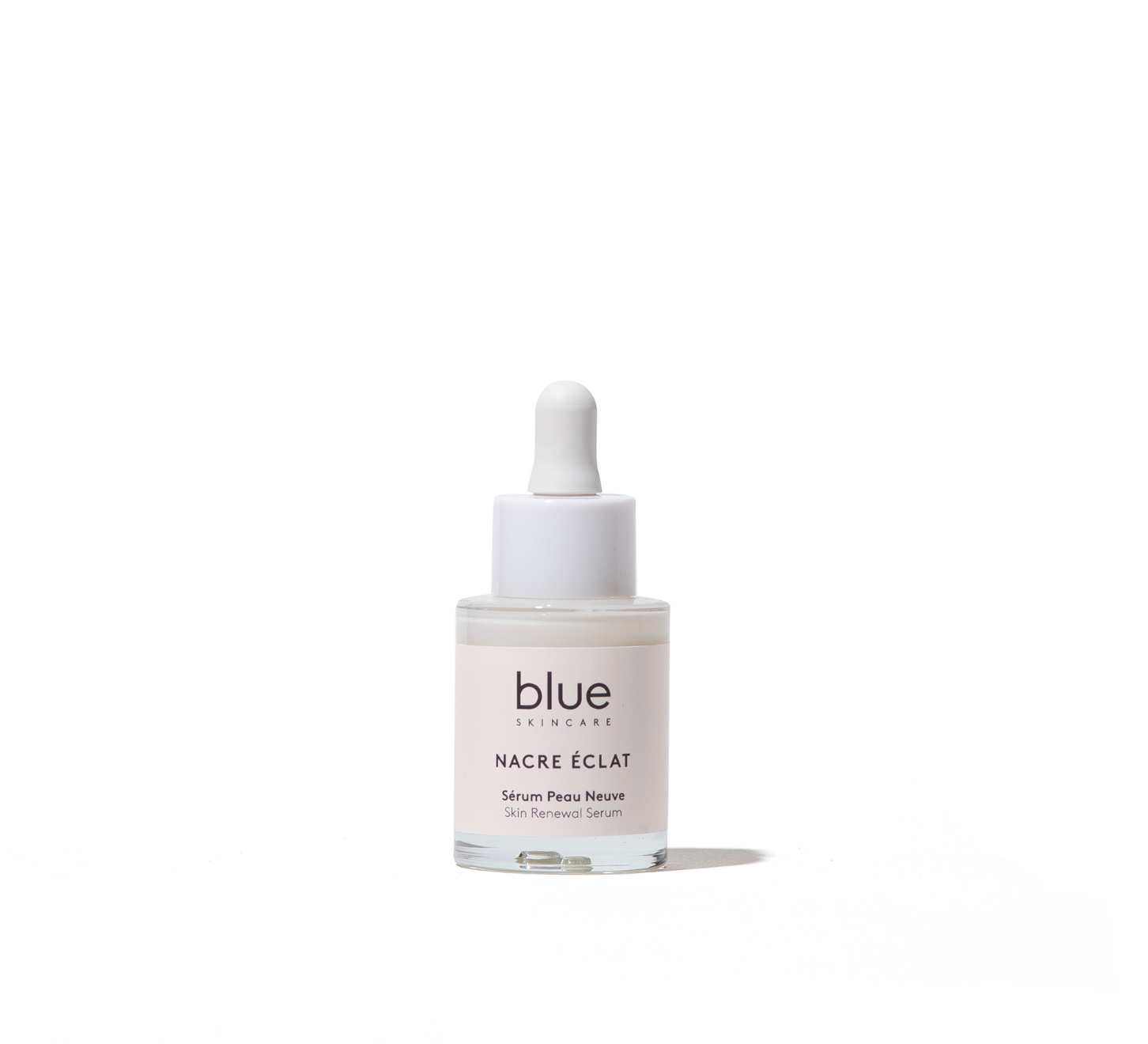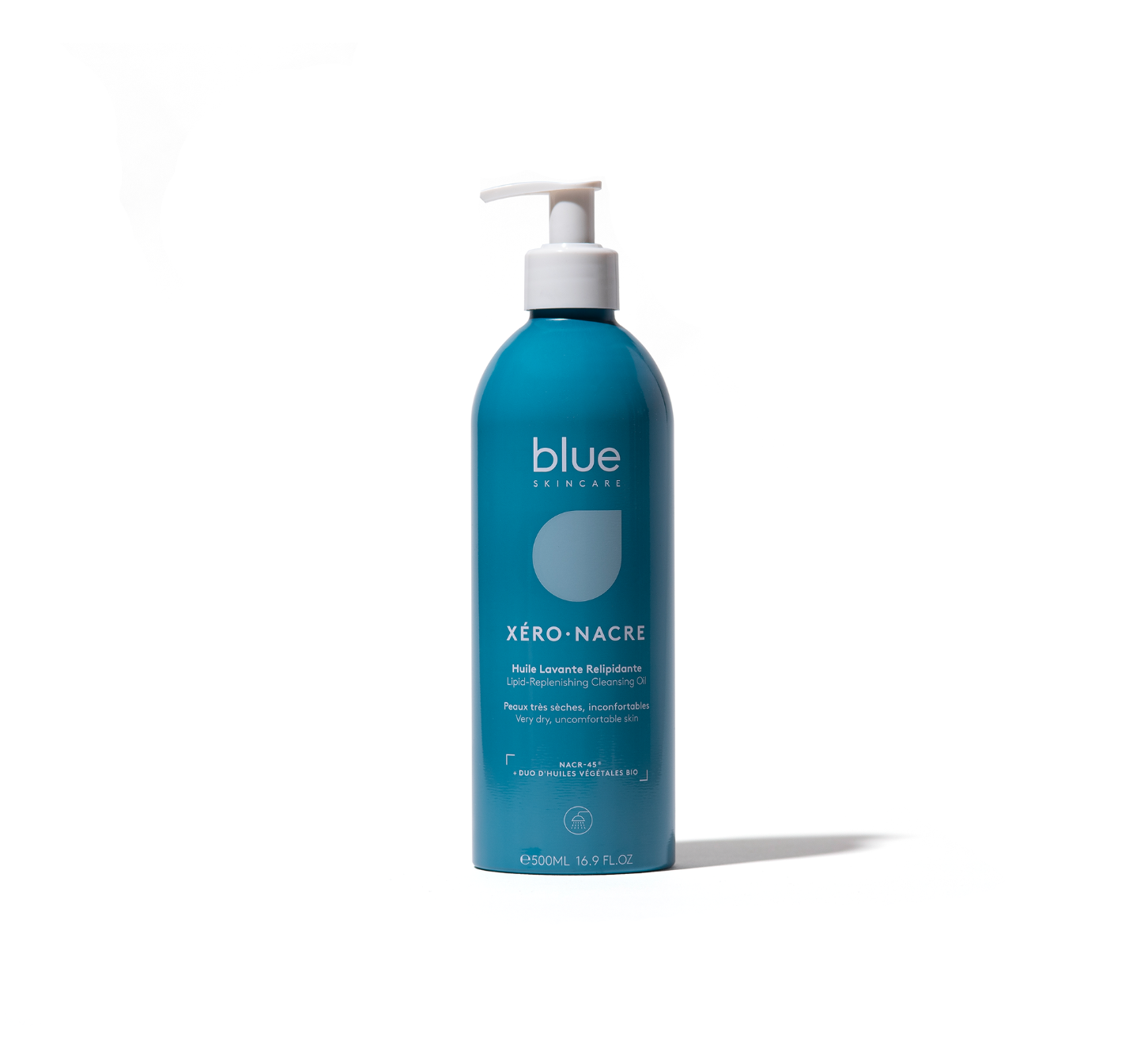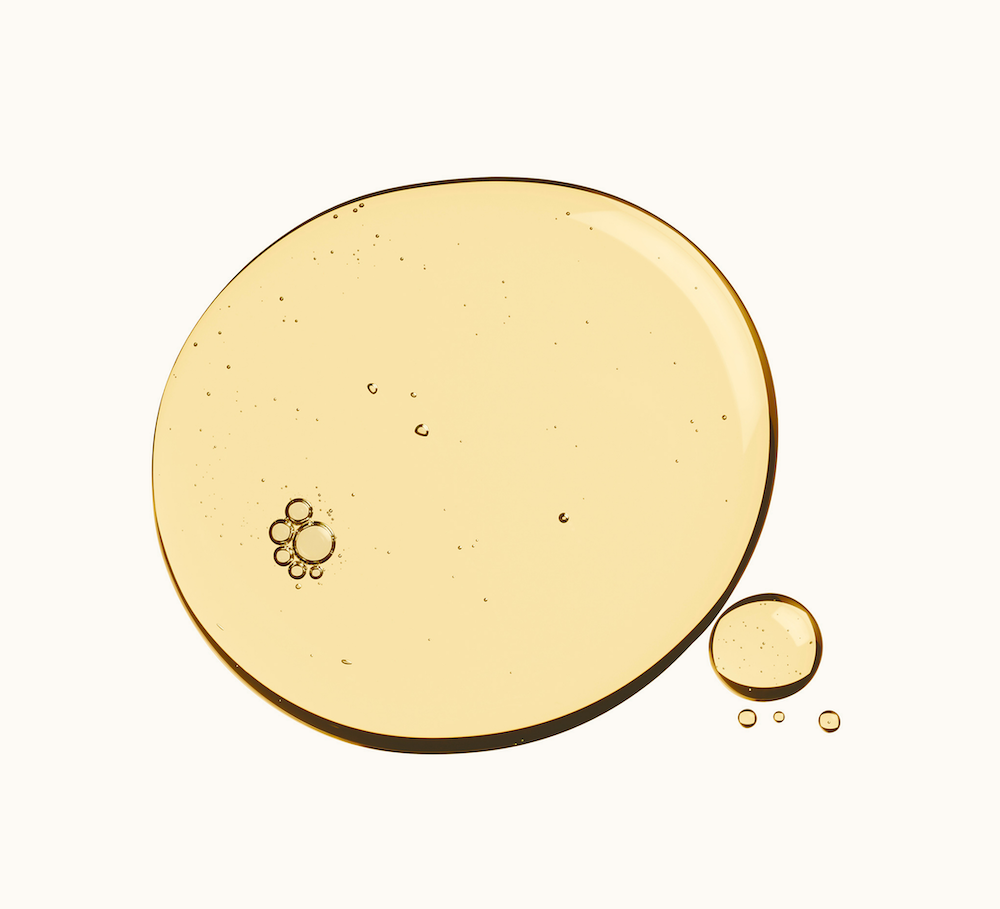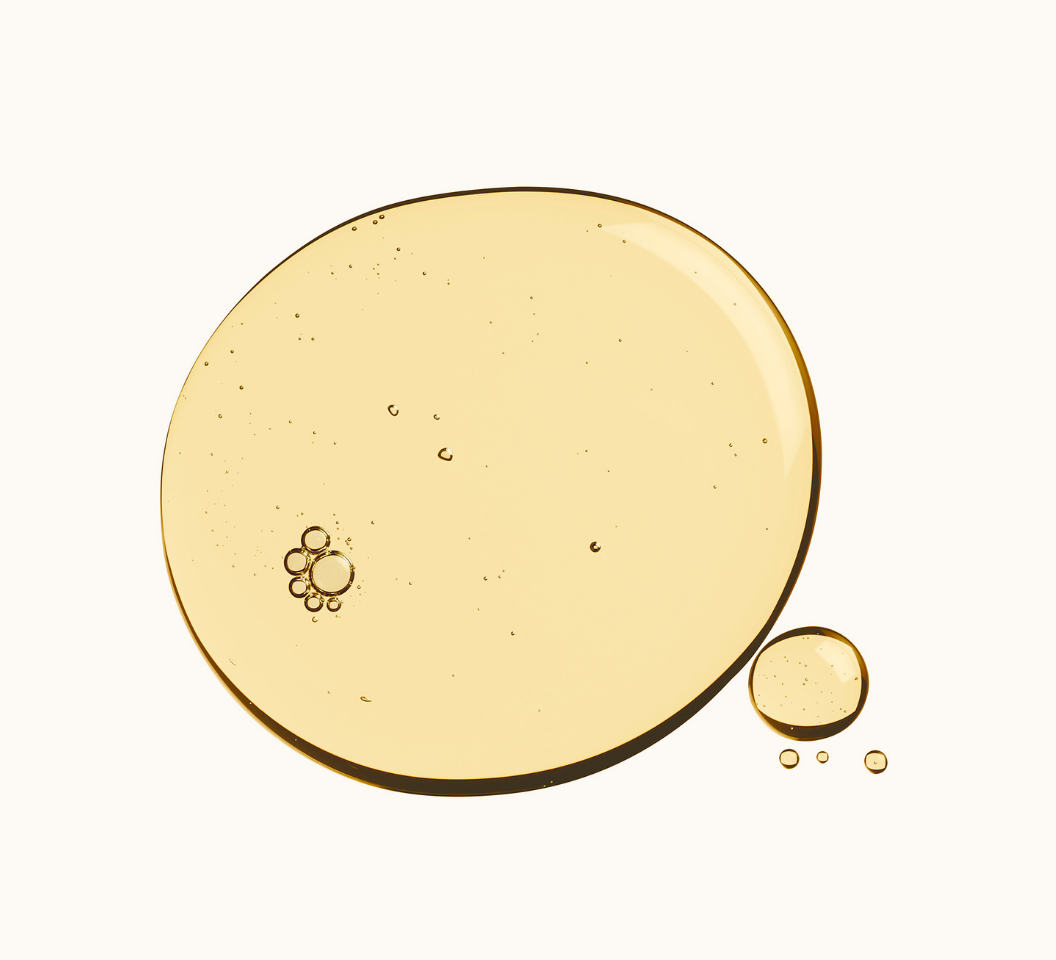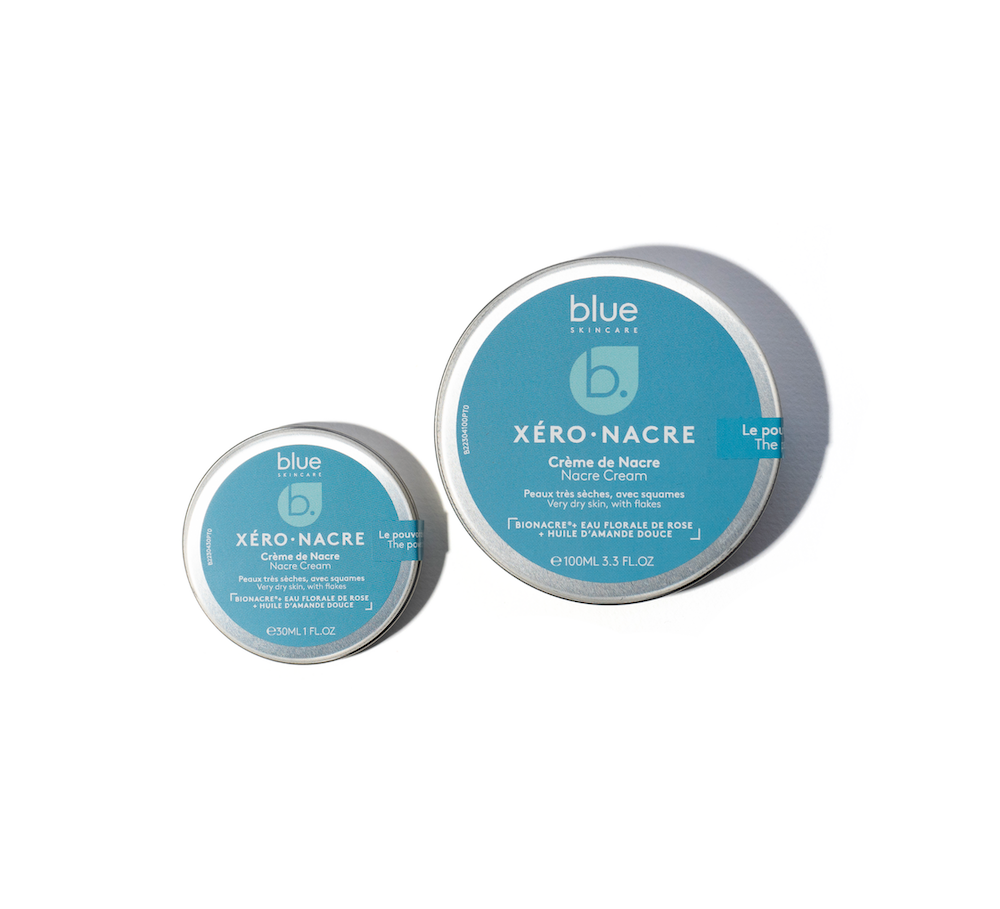Lié à une inflammation chronique de la peau, le psoriasis se manifeste par des plaques plus ou moins étendues et gonflées, complètement rouges ou bien surmontées d'une épaisse couche blanchâtre, les squames.
Si vous faites partie des 3 % de la population mondiale à déclarer cette maladie, vous devez certainement savoir qu’il n’existe pas de remède définitif. Toutefois, avec un traitement local adapté, il est possible de réduire durablement les symptômes associés au psoriasis et de retrouver une peau confortable.
Quels sont les symptômes du psoriasis ?
Si les symptômes du psoriasis varient d’un patient à l’autre, toutefois, certains signes sont caractéristiques de cette affection :
-
Des plaques rouges et squameuses : le psoriasis se manifeste fréquemment par des plaques en relief, rouges et recouvertes de squames argentées. Elles peuvent provoquer des démangeaisons et, dans certains cas, être douloureuses ;
-
Des sécheresses et des fissures cutanées : la peau des zones touchées devient souvent extrêmement sèche, et peut même se fissurer, occasionnant ainsi des douleurs. Ces fissures sont particulièrement présentes sur les zones de frottement comme les coudes, les genoux et parfois le visage ;
-
Des démangeaisons persistantes : les démangeaisons, bien qu'elles ne soient pas systématiques, sont une caractéristique commune du psoriasis et peuvent parfois être particulièrement intenses ;
-
Une altération des ongles : les ongles des personnes atteintes de psoriasis peuvent présenter des modifications, comme des petits trous ou un décollement partiel ;
-
Un épaississement de la peau : les zones touchées peuvent devenir plus épaisses et rugueuses.
Bon à savoir : les symptômes peuvent être intermittents, avec des périodes de poussées suivies de rémissions. La gestion du psoriasis repose donc sur une observation attentive des facteurs déclencheurs et des résultats apportés par les traitements.
Comment distinguer le psoriasis de l'eczéma ?
Pour faire la différence entre psoriasis et eczéma, regardez dans un premier temps l'aspect des lésions. Alors que le psoriasis se manifeste généralement par des plaques bien délimitées, rouges et recouvertes de squames argentées, l'eczéma provoque des lésions davantage diffuses, souvent plus sèches et plus irritées, sans squame visible.
Si le psoriasis touche couramment le cuir chevelu, les coudes, les genoux et le bas du dos, l'eczéma, quant à lui, se développe dans les zones de flexion, de manière localisée. Par ailleurs, le psoriasis est particulièrement sensible aux changements de température, notamment le froid sec, tandis que l'eczéma peut être déclenché par des allergènes ou des irritants comme certains produits chimiques ou tissus rugueux.
Comment se faire diagnostiquer du psoriasis ?
Si vous pensez souffrir de psoriasis, vous devrez faire examiner l'apparence des lésions cutanées par un dermatologue. Les plaques de psoriasis, souvent bien visibles et caractérisées par leur aspect écailleux, sont généralement faciles à identifier. Le médecin s'intéressera également à vos antécédents familiaux et médicaux, afin d’examiner les facteurs pouvant être à l'origine des poussées. Dans certains cas, une biopsie pourra être effectuée pour confirmer le diagnostic et exclure d’autres maladies cutanées.
Les différents types de psoriasis
Psoriasis en plaques
Il s’agit de la forme la plus courante de psoriasis, caractérisée par des plaques rouges, surélevées et recouvertes de squames argentées. Ce type de psoriasis peut toucher de grandes surfaces de peau, et il est souvent associé à des démangeaisons intenses.
Psoriasis du cuir chevelu
Au niveau du cuir chevelu, vous pourrez observer des plaques squameuses. Ces dernières peuvent être petites ou recouvrir l'ensemble du cuir chevelu. Cette forme de psoriasis peut entraîner des démangeaisons et même une chute temporaire des cheveux, lors de poussées sévères.
Psoriasis inversé
Le psoriasis inversé se développe dans les zones de la peau où il y a des plis, comme sous les bras, dans l'aine ou autour des organes génitaux. Les plaques sont lisses, rouges et brillantes, et ne présentent pas de squames visibles. Ce type de psoriasis est souvent exacerbé par la transpiration et les frottements.
Psoriasis en gouttes
Le psoriasis en gouttes apparaît, comme son nom l’indique, sous forme de petites plaques, souvent de la taille d’une goutte d’eau, particulièrement visible sur le tronc, les bras et les jambes. Il survient essentiellement chez les enfants et les jeunes adultes, après une infection virale, comme une angine.
Psoriasis pustuleux
Forme la plus rare, le psoriasis pustuleux est caractérisé par l’apparition de pustules blanches entourées de peau rouge et enflammée. Cette forme de psoriasis est souvent plus sévère et peut nécessiter une prise en charge médicale plus importante.
Comment soulager les symptômes du psoriasis en plaques et du cuir chevelu ?
Apprendre à gérer son psoriasis et les symptômes associés est indispensable pour limiter le poids de la maladie au quotidien. La gamme Xero.Nacre de Blue Skincare, associe des crèmes pour le psoriasis avec des ingrédients à 99% naturels rigoureusement sélectionnés pour nourrir, apaiser et protéger les peaux les plus sensibles. Notre mission ? Améliorer et soulager durablement les inconforts des peaux sèches à très sèches, sujettes au psoriasis.
Le matin ou le soir, lavez votre corps en douceur à l’aide de l’huile lavante relipidante. Formulée avec soin, elle respecte le film hydrolipidique et le microbiote cutané de votre peau fragile, nourrit l’épiderme et calme les sensations de démangeaisons. Sur les zones rugueuses du cuir chevelu et du corps, continuez la routine en appliquant le soin émollient kérato-réducteur. Sa texture rafraîchissante ne se contente pas d'éliminer efficacement les plaques squameuses, les rugosités et les états pelliculaires, elle limite également leur réapparition.
Enfin, parce que l’hydratation est la clé, appliquez la crème Xero.Nacre, une pommade riche en actifs apaisants et anti-inflammatoires, pour soulager les démangeaisons et restaurer l'hydratation de votre peau.
Quelles sont les causes naturelles du psoriasis ?
Éviter le frottement de la peau
Les frottements excessifs, dus à des vêtements trop serrés ou à des gestes répétitifs, peuvent déclencher ou aggraver les poussées de psoriasis, en particulier dans les zones où la peau est déjà fragilisée.
Exposition à un climat sec et froid
Saviez-vous que les environnements secs et froids sont des déclencheurs fréquents du psoriasis ? Cela s’explique facilement : l'air sec prive la peau de son hydratation naturelle, exacerbant ainsi la desquamation et l'inflammation.
Infection
Le psoriasis est une maladie chronique, inflammatoire et auto-immune, ce qui signifie que le système immunitaire attaque par erreur les cellules de la peau. Après une infection ou une blessure, le processus de réparation du système immunitaire se dérègle, ce qui peut entraîner une production excessive de cellules cutanées, à un rythme qui ne permet plus l’élimination naturelle des cellules mortes : des plaques de psoriasis apparaissent alors.
FAQ : symptômes du psoriasis
Le psoriasis est-il contagieux ?
Rassurez-vous, le psoriasis n’est pas contagieux. Il ne peut pas être transmis d'une personne à l'autre par contact direct ou indirect.
Le psoriasis, provoque-t-il systématiquement des démangeaisons ?
Les démangeaisons sont courantes, mais elles ne sont pas systématiques. Si certaines personnes ressentent des démangeaisons intenses, d'autres ne seront pas dérangées par cette sensation. Cela dépend de la gravité et de la forme de psoriasis.
